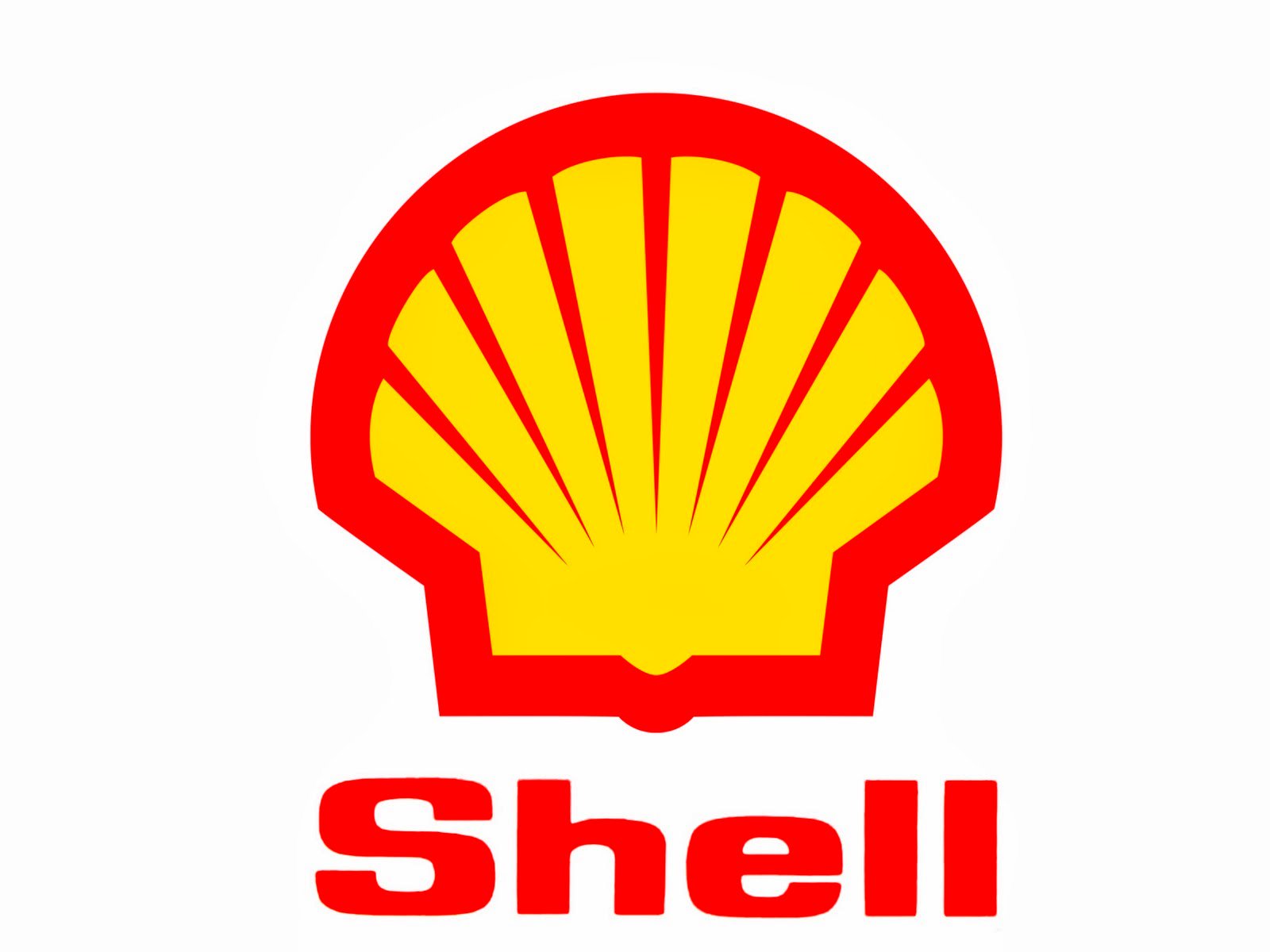With oil prices expected to stay low, big producers are grappling with lower profits and the prospect of a quicker transition to renewable energy
Seven of the world’s largest oil firms have wiped almost $90bn (£69bn) off the value of their fossil fuel reserves as the coronavirus pandemic sent demand plunging.
Royal Dutch Shell, BP, Total, Chevron, Repsol, Eni and Equinor have written down their oil and gas assets by $87bn over the past nine months, with $55bn coming in the latest financial quarter, analysis by climate think tank Carbon Tracker found.
It said the devaluations started before the pandemic as governments ramped up their efforts to tackle the climate crisis, causing companies to reduce their expectations for future oil and gas demand – and therefore prices.
Spain’s Repsol and French oil company Total both cut the value of their reserves in the final quarter of last year, citing public policy changes aimed at speeding up the transition to renewable enrgy.
That process has rapidly accelerated since Covid-19 hit, causing planes to be grounded, industries to be shut down and people to make fewer car journeys.
BP took a £1.1bn hit to its reserve values in the first quarter of this year and £13.7bn in Q2. Over the past three quarters, Royal Dutch Shell has cut its valuations by £2.9bn, £0.7bn and £22.3bn respectively.
BP this month unveiled a plan to sell off its less profitable oil fields and cut production by 40 per cent this decade, adding weight to the view of campaigners and some analysts that the coronavirus pandemic could be an inflection point for the fossil fuel industry.
Rivals including Shell are rumoured to be considering announcing their own plans to cut oil and gas production.
Oil prices plunged in March and April, with some futures contracts falling below zero, indicating that traders were willing to pay people to ensure they did not have to take physical delivery of crude as storage tanks filled up to capacity.
Prices have bounced back to recover some of the lost ground after the Opec cartel and its allies agreed their biggest ever cut to production.
Read more: Independent




